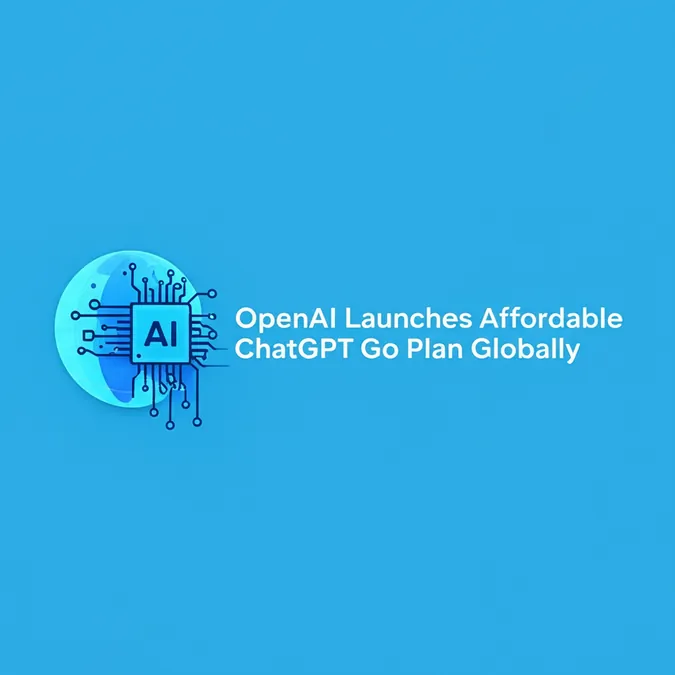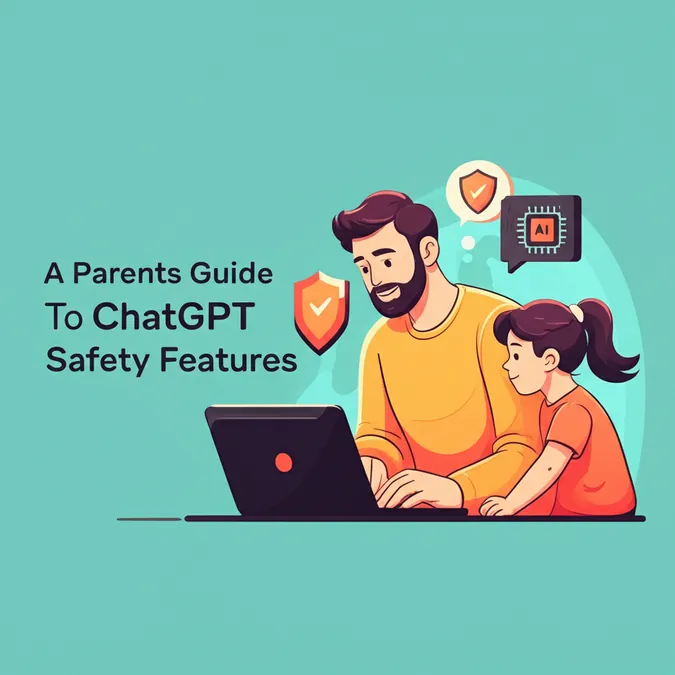Developer Offer
Try ImaginePro API with 50 Free Credits
Build and ship AI-powered visuals with Midjourney, Flux, and more — free credits refresh every month.
ChatGPT in Health Science Education Promises and Pitfalls
Generative artificial intelligence has exploded into the mainstream, and nowhere is its impact more debated than in the world of education. Tools like ChatGPT are changing how students learn and how educators teach. But when we raise the stakes to health sciences—a field where precision and accuracy are paramount—the conversation becomes much more complex. A recent narrative review digs deep into this topic, exploring both the incredible opportunities and the serious challenges of using ChatGPT in university-level health education. Let's break down what the research tells us.
The Rise of AI in Higher Education
ChatGPT's rapid adoption across universities is no surprise. Its versatility makes it a powerful assistant for a wide range of academic tasks. From drafting essays and summarizing research papers to debugging code and brainstorming ideas, its applications seem limitless. This accessibility has made it a go-to resource for students seeking to improve their efficiency and understanding. However, this convenience comes with a major caveat: a known difficulty in fully grasping context, which can lead to vague or inaccurate responses. This limitation raises critical questions about its reliability, especially in fields that demand absolute factual correctness.
A Closer Look at Health Sciences
In medicine, nursing, and other health disciplines, context is everything. A slight misinterpretation can have significant consequences. Recognizing this, researchers conducted a narrative review of 18 studies published between early 2023 and mid-2025 to understand how ChatGPT is truly being used in health science education. Their goal was to create a clear picture of the current landscape, weighing the tool's potential benefits against its inherent risks in training the next generation of healthcare professionals.
Key Benefits for Students and Educators
The review revealed that ChatGPT is already making a positive impact in several key areas. It is widely used as a support tool for:
- Writing Support: Helping students articulate complex scientific concepts and improve the clarity of their reports and research.
- Content Comprehension: Acting as a 24/7 tutor that can explain difficult topics in different ways until a student grasps the material.
- Quiz Generation: Allowing students and educators to quickly create practice questions to test their knowledge and prepare for exams.
- Clinical Simulations: Creating realistic, text-based clinical scenarios where students can practice their diagnostic and decision-making skills in a safe environment.
- Curriculum Design: Assisting educators in structuring courses, developing learning objectives, and creating engaging educational materials.
These applications demonstrate ChatGPT's potential to provide personalized, on-demand support that can enhance the traditional learning experience.
Navigating the Major Challenges and Risks
Despite its promise, the integration of ChatGPT is not without significant hurdles. The review frequently highlighted several critical challenges:
- Misinformation: The risk of the AI generating incorrect medical information is the most pressing concern. In a field built on evidence-based practice, this is a non-negotiable line.
- Ethical Concerns: Issues of academic integrity, plagiarism, and data privacy are paramount. How can educators ensure students are learning rather than just offloading their work to an AI?
- Overreliance on AI: There is a real danger that students may become too dependent on ChatGPT, potentially weakening their own critical thinking and problem-solving abilities.
- Access and Training Gaps: The review noted significant disparities in access to technology. Furthermore, a lack of formal training for both students and faculty on how to use these tools effectively and ethically is a major barrier to successful implementation.
The Path Forward A Balanced Approach
The conclusion is clear: ChatGPT holds immense potential to revolutionize health sciences education, but it cannot be adopted without careful planning and oversight. To harness its benefits while mitigating its risks, a multi-faceted approach is required. This means establishing strong ethical standards, ensuring equitable access for all students, and developing comprehensive digital literacy programs. The goal is to use ChatGPT as a tool that complements and enhances human expertise, not one that replaces the fundamental skills of critical thought and clinical reasoning. By striking this balance, we can prepare future healthcare professionals to thrive in an increasingly AI-driven world.
Compare Plans & Pricing
Find the plan that matches your workload and unlock full access to ImaginePro.
| Plan | Price | Highlights |
|---|---|---|
| Standard | $8 / month |
|
| Premium | $20 / month |
|
Need custom terms? Talk to us to tailor credits, rate limits, or deployment options.
View All Pricing Details

